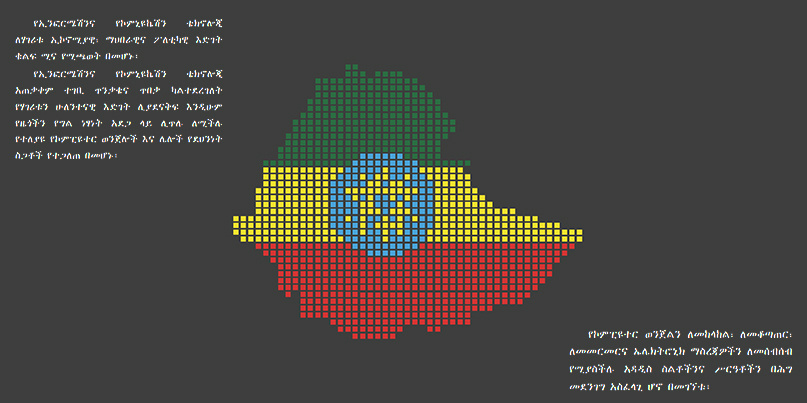A welcome move for human rights and digital growth

ANALYSIS Ethiopia is reportedly making amendments to its controversial computer crime law, following a meeting in Addis Ababa concerning internet freedom across Africa.
The revision is to focus on the country’s 2016 Computer Crime Proclamation (PDF), which was intended to provide authorities with the means to “prevent, control, investigate and prosecute the suspects of computer crimes”.
However, warnings that the law failed to protect legitimate online activities, predominately related to free speech and independence of internet service providers, have been issued since its passing.
The bill was also criticized for containing no safe harbor for ethical hackers, while also leaving those expressing opposition political views liable to criminal prosecution.
“There’s condition in the proclamation that says the prosecutor can put the burden of proof to the accused in certain circumstances,” said Dawit Bekele, regional bureau director for Africa at the Internet Society, a non-profit founded by the Internet Engineering Task Force (IETF).
“That is completely unheard of.”
New government, fresh hopes
Ethiopia has an extensive track record of jailing political opponents and impeding on its citizens’ digital freedom, both from a censorship and security standpoint.
In 2015, for instance, members of a prominent blogging and activist collective were slapped with terrorism charges after registering with an online security course where they would have gained knowledge of encryption and various privacy-enabling tools.
Most of the charges were later dropped.
This is one of many incidents, according to the 2018 Freedom on the Net report, which have landed Ethiopian citizens in an environment of rampant online self-censorship and an underdeveloped digital infrastructure.
The 2017 Digitalization Maturity report from Siemens, however, contradicts potential investment worries by ranking Ethiopia third for its efforts in digital training.
“It is important to consider that a good computer crime law makes sure that we have industry coming to the country, that people feel protected and not harassed by this law,” Bekele said.
Now, a recent change in government has created this possibility, with the newly elected officials calling for review of multiple legislature, including the computer crime law.
“This [Computer Crime] proclamation is among the last to be reviewed because it was considered less critical than others that are much worse,” Bekele said.
“And this one, I believe, is not understood by many people.”
In search of digital freedom
At the Forum on Internet Freedom in Africa last month, delegates from across the continent gathered to discuss governance in the online space, much of which has caused political activists and writers to be jailed in years past.
“The [Computer Crime] proclamation is now made to criminalize those that are abusing computers against the law,” Bekele said.
“It gives some protection to political speech but there should be more protection like, for example, whistleblowers should be protected, journalists should be protected, and hackers should be protected.”
Further revision is required but Bekele remains optimistic that dialogue is now open.
“Two things are important,” he said. “One is having the awareness so that people understand that this is critical and want to contribute to the process and, on the other hand, it is important, that those who are working with revision open up that process so that there is opportunity for people to contribute.”
RELATED Global governments demonstrate rising commitment to cybersecurity






